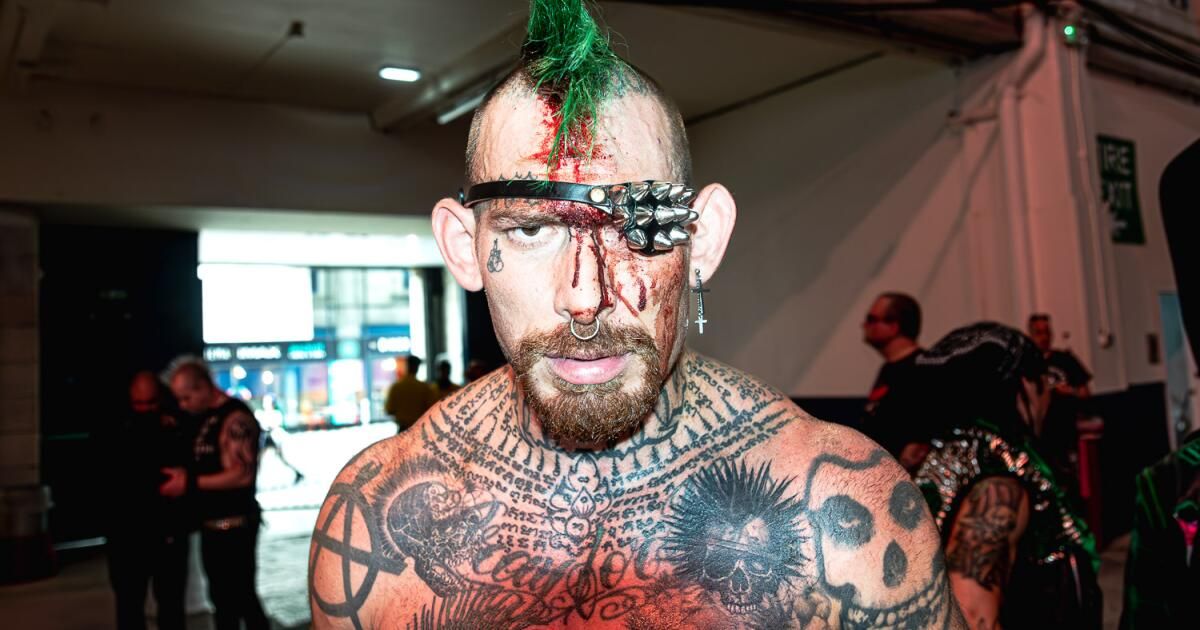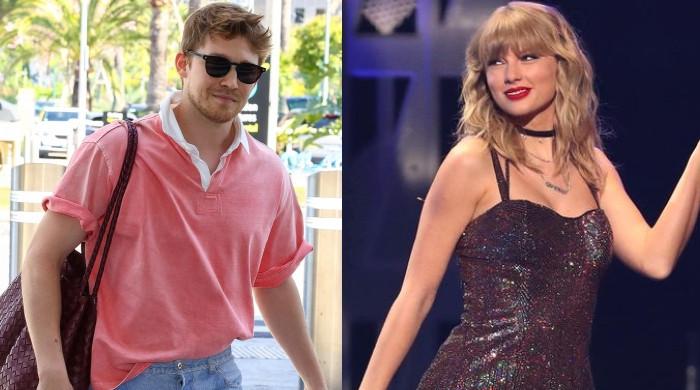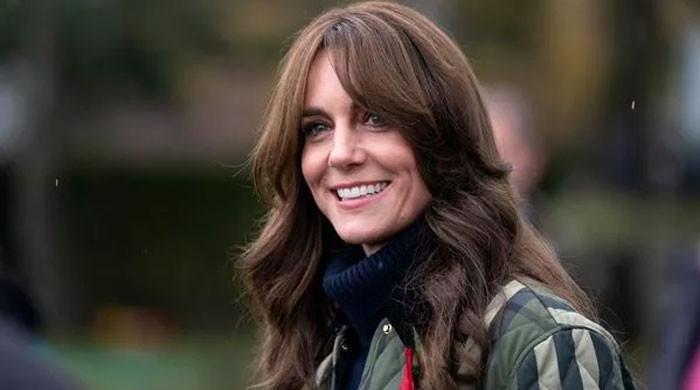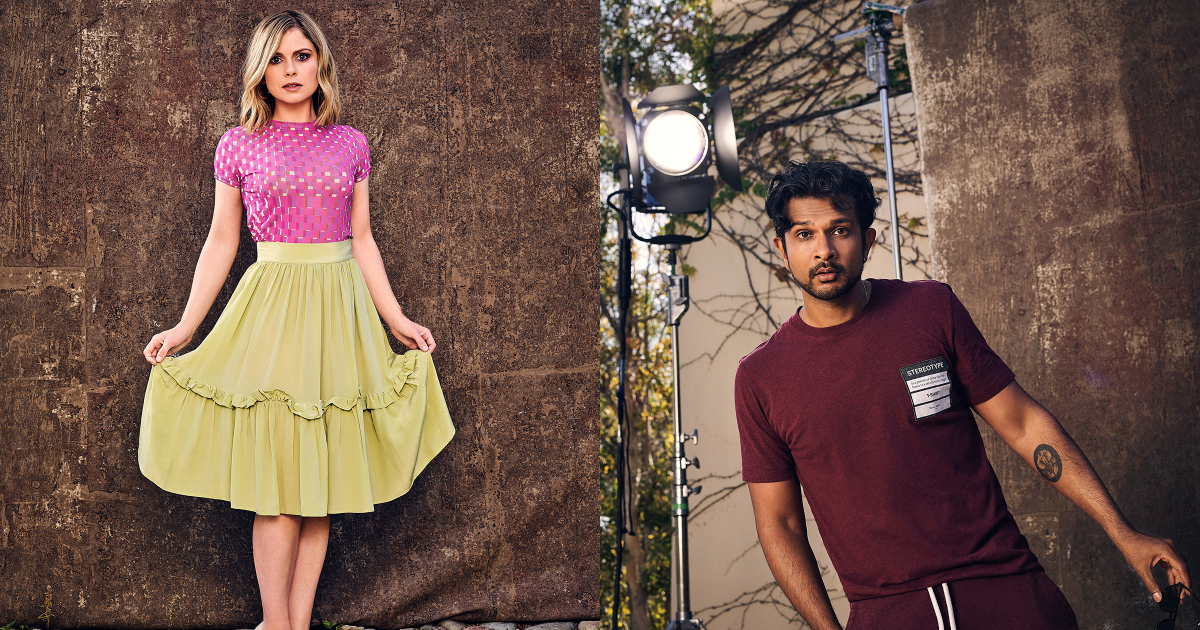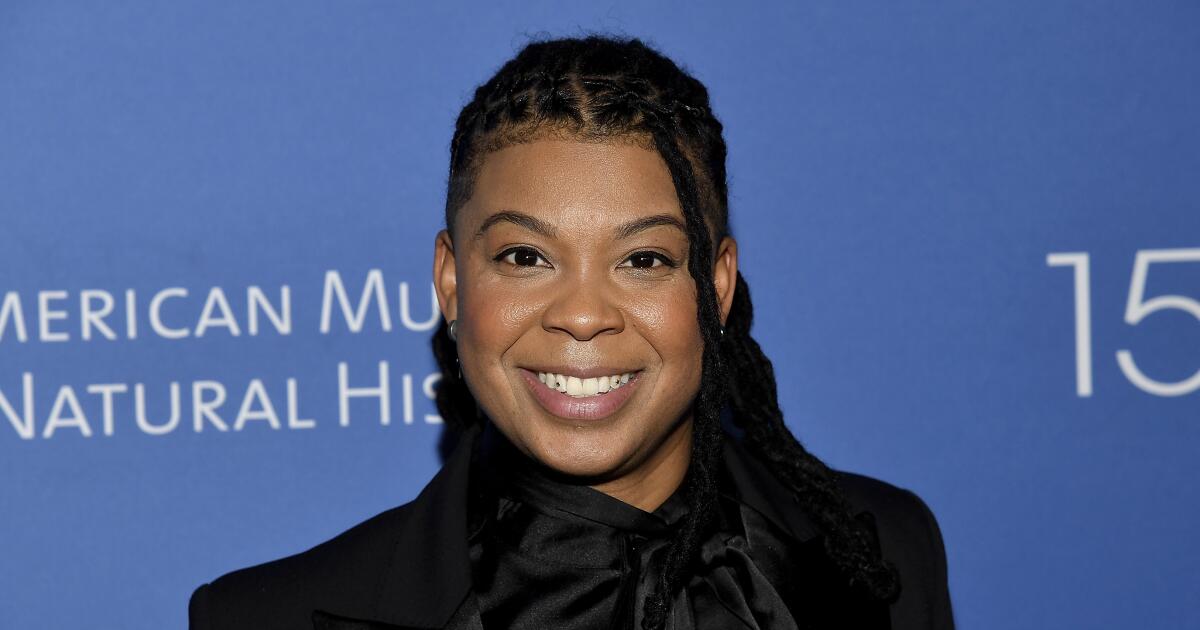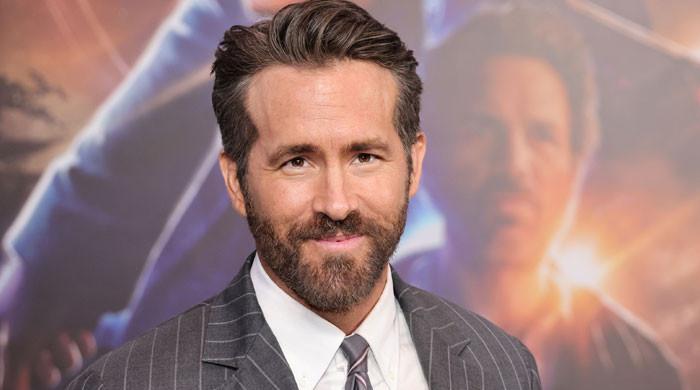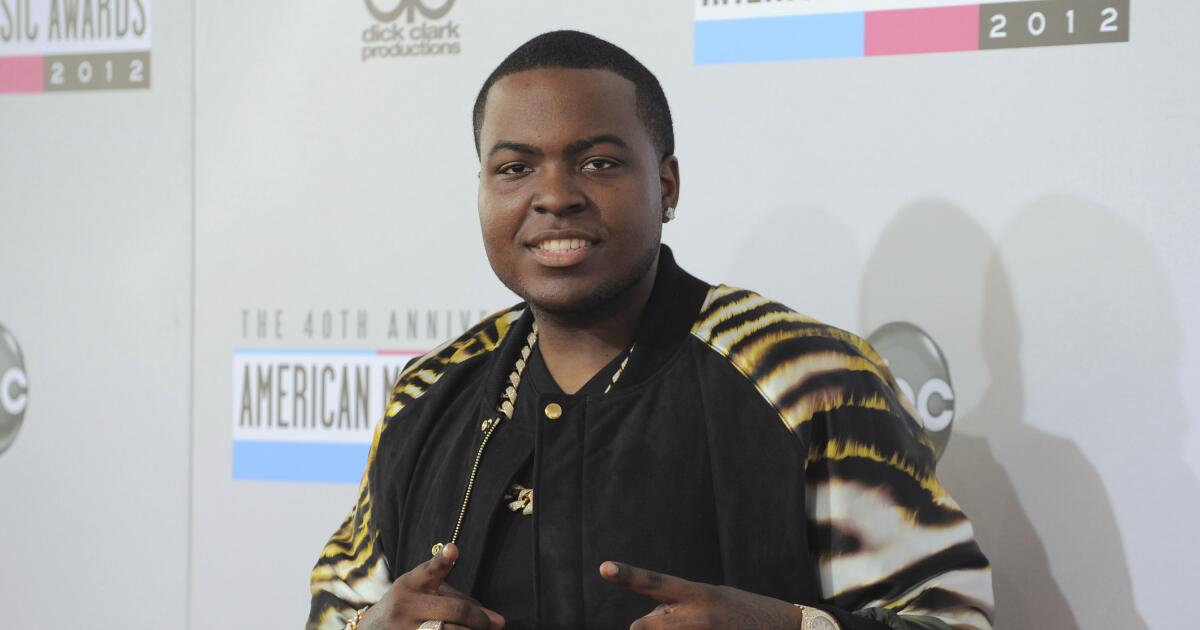The KnuckleHeadz may be what saves America's youth. They're clearly categorized as a Whittier punk band, but they're actually a movement: Southern California's loudest self-help show and hardcore band. The members are built like dock workers and are dressed like a deleted scene from “The Warriors”: black and green leather vests with a patch on the back featuring a skull with spiky hair. They are also the driving force behind Punk Rock Fight Club, a Southern California-based organization dedicated to improving the lives of young men through fitness and structure. The rules are as strict as they are simple and, in this troubled world, truly radical: no hard drugs, no crimes, no racists, no abusers. Respect yourself, your brothers and your community.
The KnuckleHeadz achieved a moment of Internet fame after performing a completely unauthorized show at an unsuspecting McDonald's for a hundred people. The viral clip from the show is a convenient entry point, but it undersells what the gentlemen have built. On stage, the KnuckleHeadz are all sweat and spectacle: profanity-filled breakdowns, crowds of fans surfing on boogie boards riding a human tide, and the green and black army in the pit lifting up the strangers. The absurdity of a fast-food restaurant, with bodies and hamburgers flying briefly in the air, suggests anarchy. If you look closer, you'll see the choreography: men catching falls, clearing space, and enforcing a code. Punk has always promised salvation through noise. The KnuckleHeadz add a footnote: Salvation requires representatives, rules, and someone bad enough to care. Offstage, they manage an infrastructure to stay alive.
The KnuckleHeadz in Whittier
(Dick Massacre)
Founded in June 2021 by Whittier frontman Thomas Telles, better known as Knucklehead Tom, and with the help of El Monte guitarist and tattoo artist Steven Arceo, also known as Saus, Punk Rock Fight Club (PRFC) has grown in just a few years to six chapters and over 200 members throughout Southern California. What started as a tight circle around a gang hardened into a movement: discipline for boys who never understood it, structure for men who need it, and a community free of substance abuse. Prospects earn their way through mornings, sweat and commitment before they are trusted with the skull patch on their back. The rules read like a brick wall and work like a door.
“I started the club because I wanted to do good in the scene,” Knucklehead Tom said. “I wanted to create a tribe where we all supported each other, a family for people from all walks of life, especially those who came from broken homes. I wanted people to know that they have a place to go and a family they can count on.”

Knucklehead Tom of The KnuckleHeadz holds his microphone out to the crowd while performing with Whittier's band.
(Dick Massacre)
The first time I came across KnuckleHeadz and some members of the club by accident was three years ago at a London train station on the way to the Rebellion Punk Rock Music Festival in Blackpool, an annual event that features over 300 veteran and emerging bands. They were impossible to miss: part wolf pack, part brotherhood, pure energy. That year, KnuckleHeadz struck a chord with me, not only with their limitless performances, but also with their message, their obvious love for each other, and their mission to better their community. Since then, I have taken a close look inside both the band and the club; I visited their gym and attended many of their shows. I have met and spoken with families and those that KnuckleHeadz and the club have helped. In fact, in many cases they have worked miracles. But the kids don't call them miracles. They call it Tuesday.
“Since we founded Punk Rock Fight Club, we paved the way for what we knew was the movement and lifestyle that many people in our scene needed,” Arceo said. “We have changed so many lives and with that our lives changed too. We formed a family based on brotherhood, loyalty with the camaraderie that can only be achieved through martial arts and punk rock. That is something that many of us grew up without. So to be able to bring this to the world is worth every sacrifice. We will stay strong for five years and continue until the day we die.”
The band's rise mirrors the club's expansion: a steady rise from underground spaces to punk's biggest stages. They landed a spot on NOFX's final show and moved from Rebellion's side stage to the festival's main stage. They have organized benefits for causes that are not trending and for people who cannot afford to be causes. The Punk Rock Museum in Las Vegas recently added a PRFC memorabilia piece to its collection, one of the club's cuts (a leather vest with a skull patch on the back), a true museum piece that still smells faintly of sweat. Next up, KnuckleHeadz prepare for a US tour with punk legends GBH, the kind of tour that turns rumors into resumes.

Saus, co-founder of KnuckleHeadz, wearing the band's signature vest.
Whittier's dojo, KnuckleHead Martial Arts, is where the KnuckleHeadz code comes into its own. It's where the boys perform martial arts exercises and where the mats do double duty as the floor of the community center. During the band's “F Cancer” benefit for 17-year-old César “Pequeño César” López II, the driveway became a makeshift slam pit. Inside, children fell on mats while guitars shook the walls. Families brought food, local businesses donated services and more than $6,000 went toward treatments. In the carnival atmosphere outside, little Caesar smiled and promoted the field from the sidelines, proving that joy, like violence, can be contagious.
One member, Bernard Schindler, 55, of La Mirada, arrived after a life of rebounds: rehab, prison, relapse, repetition. The club gave him a calendar first and a future second, and now, with the support of the club, he has been clean and sober for over two years.

Saus performing with KnuckleHeadz during a Punk Rock Fight Club benefit show outside the KnuckleHeadz gym in Whittier.
(Dick Massacre)
“Tom and Punk Rock Fight Club completely changed my life,” Schindler said. “It gave me purpose, discipline and a new family of siblings who push me to be better. I went from a broken drug addict to the healthiest I've been mentally, physically and emotionally in the 55 years I've been alive.”
Since getting involved with KnuckleHeadz almost three years ago, Schindler says he has become closer to his family, including his three children and girlfriend, in addition to staying sober. “I can honestly say I couldn't have done it without Tom and the club God gave us, Punk Rock Fight Club,” he said.

Bassist known as Knucklehead Randy performs on the shoulders of a fellow club member at a benefit show in Whittier.
(Dick Massacre)
The CFRP trophy case is filled with medals and awards, sure, but the true achievements are much quieter and more miraculous. There are pay stubs where criminal records used to be, threads of text that begin with the question “Are you okay?” at 3:17 am, and handing over apartment keys when a child cannot return home.
Hip-hop synth-punk artist N8NOFACE, now a fixture on the lineup for the annual Cruel World festival tours in Los Angeles with Limp Bizkit and Corey Feldman, calls Tom “my brother” and credits that code for keeping him in line. “I was getting clean and always believed that following the right people will help you stay on your path,” N8 says. “Tom talked about health, about not breaking the bank, about being a fighter and a warrior and taking care of your body first. Finding that in punk was very different.”
When asked about his hopes for the band's future, Tom says, “I just want to keep having fun. We love doing it and we're grateful for all the love and support.” The band is currently playing shows across Southern California with punk legends GBH, including a show Friday at Ventura Music Hall.
“With the club I want to continue changing lives. It makes me happy to know that my son Nieko has an army of good-hearted uncles if something were to happen to me. The righteous men of this club make me feel very proud.”
That's the trick. That's the point. In the noise between those truths, many young people hear something they have never believed in before: a future they are allowed to keep.
Sacrifice is a photographer and writer who has covered music and culture for countless outlets, including OC Weekly and L..TO. Times. He is a founding member of magazine despite.

